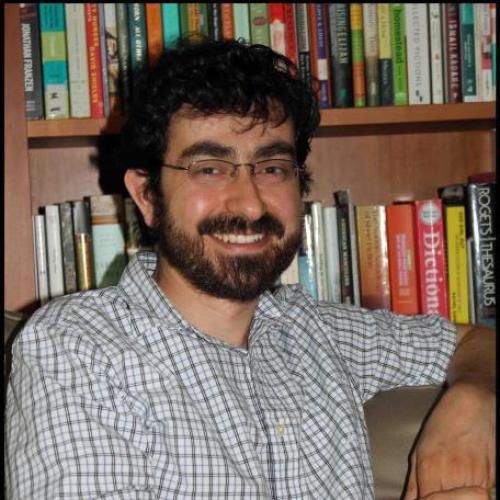Anti-Muslim Fear Narrative and the Ban on Said Nursi's Works as “Extremist Literature” in Russia
Publication
, Journal Article
Tuna, M
Published in: Slavic Review
This article analyzes the causes and consequences of Islamophobia in the Russian Federation following the story of the Russian ban on the works of a scholar of Islam from Turkey, Bediuzzaman Said Nursi (1878–1960), despite the overall positive reception of his ideas and followers by Russia's Muslims. It positions Russia's existing domestic anti-Muslim prejudices, which evolved in the contexts of the Chechen conflict and the influx of migrant workers from culturally Muslim former Soviet republics to cosmopolitan Russian cities, against the background of the post-9/11 global fear narrative about Muslims. These Islamophobic attitudes in turn informed and justified anti-Muslim policies in Russia, as the Russian state, following broader trends of centralization and illiberalization in the country, abandoned the pluralist policies toward religion of the early post-Soviet years and reverted to the late-Soviet model of regulation and containment in the past two decades.



